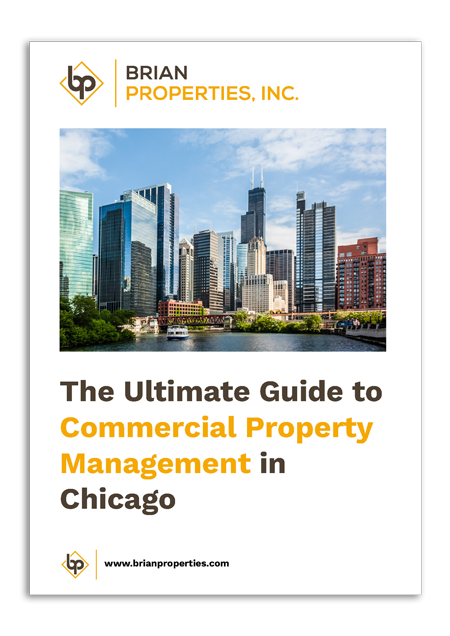Now that you understand the importance of an expert property manager for your commercial properties and success, what should you look for when choosing the right one? The best property managers have proven experience in the Chicago market and submarkets. They will expertly deliver services in the following areas.
Commercial Real Estate Lease Agreement Management
A commercial real estate lease agreement is a crucial document that outlines the terms of a tenant's occupancy. Some key elements your property manager will include are lease term and renewal options, rent amount and adjustment mechanisms, tenant's and landlord's responsibilities, details about the security deposit, policies on lease termination and breaches, and specifications about property improvements and modifications.
Managing the Landlord-Tenant Relationship
In commercial property management, maintaining a positive landlord-tenant relationship is critical.
Your property manager fills the role of "landlord" when you partner with the right experts. They will communicate regularly with your tenants, address their concerns promptly, and maintain the property to their satisfaction.
Additionally, property managers often field questions from potential and current tenants. Some common questions include inquiries about rent price, lease terms, property amenities, and maintenance responsibility. Property managers can help answer these questions clearly and professionally, ensuring tenants understand their rights and obligations.
Your management company also collects the rent and enforces the lease to ensure business tenants comply with the rules for their rented spaces.
Applying Technology to Streamline Commercial Property Management
Technology plays a crucial role in modern property management. To help your properties stay competitive and reduce vacancy rates, your property manager must apply technology to automate tasks, enhance communication, streamline financial management, and improve building efficiency.
For instance, property management software can automate rent collection and maintenance requests, while IoT devices can monitor energy use and improve security.
Execute Best Practices for Property Maintenance
Regular and proactive building maintenance is a key strategy to maximize your ROI. It can help prevent costly repairs, enhance property value, and keep tenants happy.
Some best practices your property managers should deliver include regular inspections, immediate repairs, and planning for long-term improvements. To stay competitive in Chicago's commercial real estate market, your building must remain in top condition, meet aesthetic demands, and adapt to changing tenant needs.














